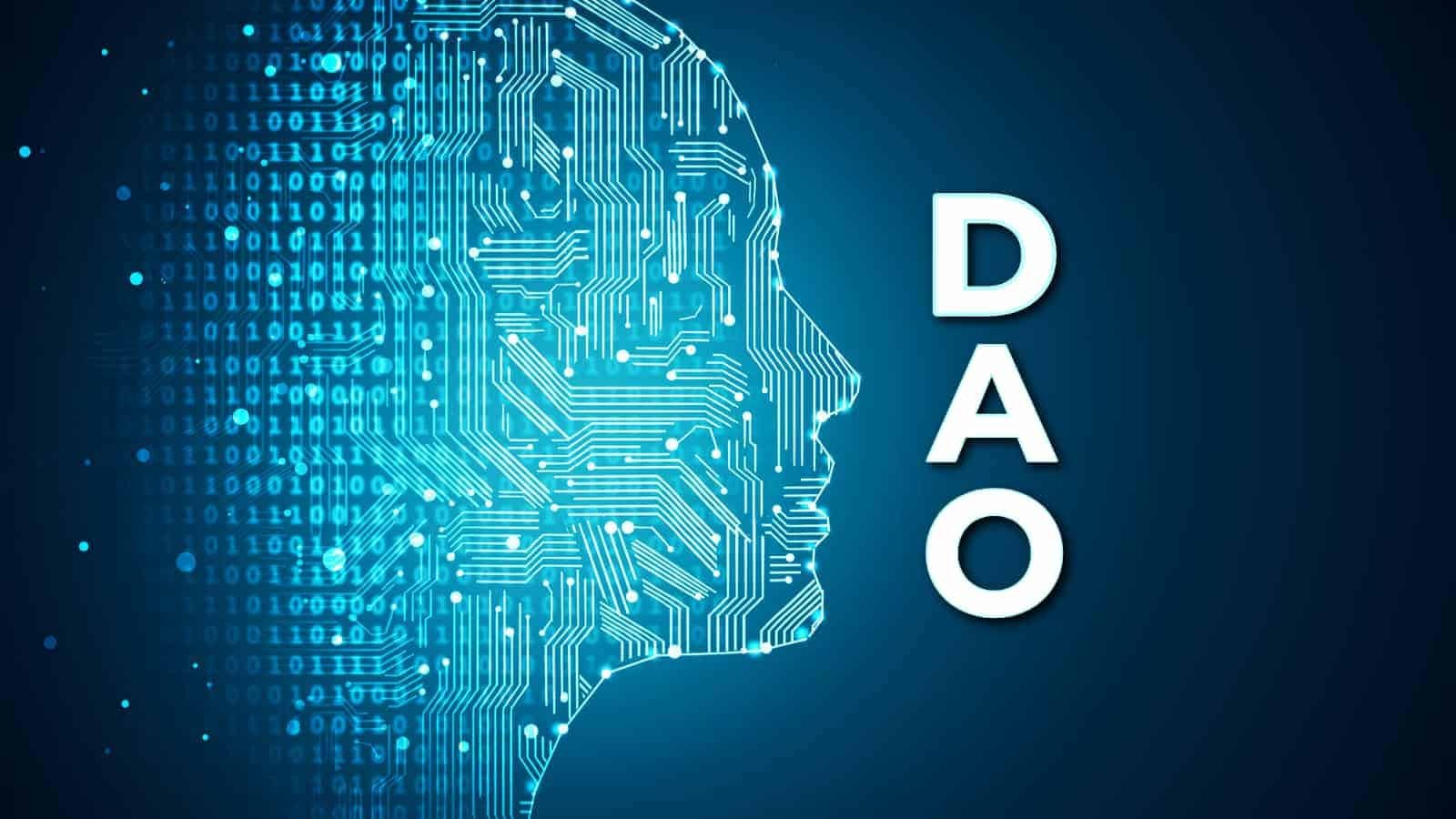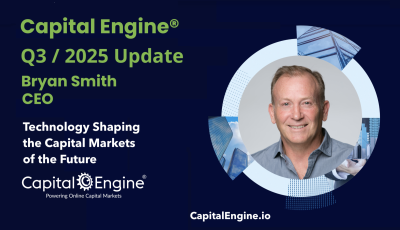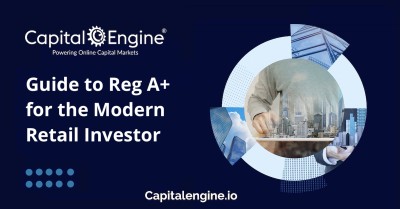Decentralized Autonomous Organization

What Are DAOs?
Jan 12, 2022
This is part of “The Latecomer’s Guide to Crypto” a mega-F.A.Q. about cryptocurrency and its offshoots. Kevin Roose, a Times technology columnist, is answering some of the most frequently asked questions he gets about NFTs, DeFi, web3 and other crypto concepts.
OK, start me off gently. What is a DAO?
DAO stands for decentralized autonomous organization.
That’s a mouthful.
Sure is.
What does it mean?
A DAO (pronounced dow) is a new kind of organizational structure, built with blockchain technology, that is often described as a sort of crypto co-op. (Or, alternatively, as a “financial flash mob” or a “group chat with a bank account.”)
In their purest form, DAOs are groups that form for a common purpose, like investing in start-ups, managing a stablecoin or buying a bunch of NFTs. ConsenSys, a blockchain organization, defines DAOs as “governing bodies that oversee the allocation of resources tied to the projects they are associated with and are also tasked with ensuring the long term success of the project they support.”
Once it’s formed, a DAO is run by its members, often through the use of crypto tokens. These tokens often come with certain rights attached, such as the ability to manage a common treasury or vote on certain decisions.
This sounds kind of vague. Can you give me an example?
Sure. The best-known DAO is probably ConstitutionDAO, a group of thousands of crypto fans who raised more than $45 million in the span of a week to bid on a rare copy of the U.S. Constitution that was being auctioned by Sotheby’s. But since that group disbanded after losing the auction (and was mired in controversy as it sought to return money to investors), it’s probably not the best example.
A better example might be PleasrDAO, a group of dozens of crypto artists, entrepreneurs and investors that was formed to bid on works by high-profile digital artists. The group spent $5.4 million on an NFT affiliated with the whistleblower and activist Edward Snowden, and also bought the Wu-Tang Clan album “Once Upon a Time in Shaolin” for $4 million.
Once they were purchased, these works became the property of the DAO’s members, who can manage them as they see fit. They can vote to exhibit them somewhere, or break them into 1,000 NFTs and sell the pieces to the public, or simply keep them locked away in a physical or virtual vault. In a classic DAO model, all of these decisions would be made “on-chain,” through a system of token-based voting.
I get why people might want to pool their money to buy stuff. But why is a completely new, crypto-based governance structure necessary for that? Couldn’t they just use a normal crowdfunding site?
They could. And, in some cases, a DAO might be better off using a platform like Kickstarter, because using crypto to raise large amounts of money can result in users paying exorbitant transaction fees. When ConstitutionDAO raised $47 million, for example, its users paid roughly $1.2 million in fees to the Ethereum network.
Ouch. Are there any other drawbacks to DAOs?
Some DAOs have found that decentralized, blockchain-based governance is messier than it looks. The first-ever DAO, which was simply called The DAO, raised more than $150 million to build a kind of crowdfunded investment firm, then went up in flames amid a host of legal, governance and security problems. Similar issues have plagued other DAOs since then.
DAOs may also run into legal trouble if regulators decide that the tokens they issue are securities, thus requiring them to go through the same registration process as a company selling stocks or bonds. In 2017, the Securities and Exchange Commission found that DAO Tokens, the native token of The DAO, were in fact securities, and should have been subject to securities law.
The recent DAO boom has also raised eyebrows among regulators and law enforcement agencies, who are concerned that some DAOs may simply be fronts for fraud.
“In some cases, crypto investors and regulators say, the ventures amount to Ponzi schemes intended to do little more than bolster the value of the digital tokens they sell,” my colleagues Eric Lipton and Ephrat Livni wrote in a recent piece on some of the problems facing DAOs.
Even some crypto fans have argued that DAOs haven’t yet proved that they can do more than allocating cryptocurrency to crypto-related projects.
Grace Rebecca Rachmany, a DAO leadership consultant (yes, those exist), wrote in a 2020 article for the crypto news site CoinDesk that “DAO technologists have failed to create compelling technology for the problems that society is facing.”
Why would people choose to join a DAO, then?
Well, it’s all a bit new and unexplored. DAOs are still — to borrow a favorite phrase of crypto fans — in the dial-up phase, and proponents argue that better, more powerful examples will arrive in the next few years.
But if you ask believers, they’ll tell you that DAOs are capable of doing a few things better than traditionally run organizations:
Why are you saying “in theory” so much?
Because there aren’t a lot of DAO success stories yet, and most of the benefits are still unproven. Some people are skeptical that DAOs can make more complex business decisions, while others think they amount to little more than thinly-veiled pyramid schemes.
Some DAOs, in fact, have allegedly been outright rug pulls — like AnubisDAO, a dog themed DeFi project whose creator is accused of stealing $60 million from investors.
In addition, leaderless corporate structures haven’t really worked outside of crypto, and most of today’s successful DAOs are what are known as “protocol DAOs” — meaning they’re designed to manage infrastructure-type projects for crypto itself. We don’t really know how the DAO model would work if applied to a regular, noncrypto business.
About Capital Engine®
Capital Engine® provides forward-thinking organizations with efficient and scalable private capital and investor management solutions, for both traditional and digital (tokenized) assets.
Our clients include broker dealers, family offices, wealth managers, incubators, accelerators, social impact and real estate funds, in providing customized SaaS solutions to power private capital and alternative investment platforms, with a strong focus on investor management services.
Capital Engine® provides a comprehensive, integrated suite of digital investment tools, back office technology and distribution platform to connect private capital with HNW individuals and family office capital.
Our software helps leverage the opportunity to better originate and showcase a diverse selection of private investment deals and offer these to investors i.e. a deal’s potential viability can be better assessed, market appetite determined and transaction promptly closed.
Interested in raising capital https://capitalengine.io/raise-capital
Interested in a demo https://capitalengine.io/request-a-demo
OK, start me off gently. What is a DAO?
DAO stands for decentralized autonomous organization.
That’s a mouthful.
Sure is.
What does it mean?
A DAO (pronounced dow) is a new kind of organizational structure, built with blockchain technology, that is often described as a sort of crypto co-op. (Or, alternatively, as a “financial flash mob” or a “group chat with a bank account.”)
In their purest form, DAOs are groups that form for a common purpose, like investing in start-ups, managing a stablecoin or buying a bunch of NFTs. ConsenSys, a blockchain organization, defines DAOs as “governing bodies that oversee the allocation of resources tied to the projects they are associated with and are also tasked with ensuring the long term success of the project they support.”
Once it’s formed, a DAO is run by its members, often through the use of crypto tokens. These tokens often come with certain rights attached, such as the ability to manage a common treasury or vote on certain decisions.
This sounds kind of vague. Can you give me an example?
Sure. The best-known DAO is probably ConstitutionDAO, a group of thousands of crypto fans who raised more than $45 million in the span of a week to bid on a rare copy of the U.S. Constitution that was being auctioned by Sotheby’s. But since that group disbanded after losing the auction (and was mired in controversy as it sought to return money to investors), it’s probably not the best example.
A better example might be PleasrDAO, a group of dozens of crypto artists, entrepreneurs and investors that was formed to bid on works by high-profile digital artists. The group spent $5.4 million on an NFT affiliated with the whistleblower and activist Edward Snowden, and also bought the Wu-Tang Clan album “Once Upon a Time in Shaolin” for $4 million.
Once they were purchased, these works became the property of the DAO’s members, who can manage them as they see fit. They can vote to exhibit them somewhere, or break them into 1,000 NFTs and sell the pieces to the public, or simply keep them locked away in a physical or virtual vault. In a classic DAO model, all of these decisions would be made “on-chain,” through a system of token-based voting.
I get why people might want to pool their money to buy stuff. But why is a completely new, crypto-based governance structure necessary for that? Couldn’t they just use a normal crowdfunding site?
They could. And, in some cases, a DAO might be better off using a platform like Kickstarter, because using crypto to raise large amounts of money can result in users paying exorbitant transaction fees. When ConstitutionDAO raised $47 million, for example, its users paid roughly $1.2 million in fees to the Ethereum network.
Ouch. Are there any other drawbacks to DAOs?
Some DAOs have found that decentralized, blockchain-based governance is messier than it looks. The first-ever DAO, which was simply called The DAO, raised more than $150 million to build a kind of crowdfunded investment firm, then went up in flames amid a host of legal, governance and security problems. Similar issues have plagued other DAOs since then.
DAOs may also run into legal trouble if regulators decide that the tokens they issue are securities, thus requiring them to go through the same registration process as a company selling stocks or bonds. In 2017, the Securities and Exchange Commission found that DAO Tokens, the native token of The DAO, were in fact securities, and should have been subject to securities law.
The recent DAO boom has also raised eyebrows among regulators and law enforcement agencies, who are concerned that some DAOs may simply be fronts for fraud.
“In some cases, crypto investors and regulators say, the ventures amount to Ponzi schemes intended to do little more than bolster the value of the digital tokens they sell,” my colleagues Eric Lipton and Ephrat Livni wrote in a recent piece on some of the problems facing DAOs.
Even some crypto fans have argued that DAOs haven’t yet proved that they can do more than allocating cryptocurrency to crypto-related projects.
Grace Rebecca Rachmany, a DAO leadership consultant (yes, those exist), wrote in a 2020 article for the crypto news site CoinDesk that “DAO technologists have failed to create compelling technology for the problems that society is facing.”
Why would people choose to join a DAO, then?
Well, it’s all a bit new and unexplored. DAOs are still — to borrow a favorite phrase of crypto fans — in the dial-up phase, and proponents argue that better, more powerful examples will arrive in the next few years.
But if you ask believers, they’ll tell you that DAOs are capable of doing a few things better than traditionally run organizations:
- DAOs can be more transparent than traditional organizations, because the group’s important decisions get made “on-chain,” using governance tokens and votes that appear on the permanent blockchain ledger.
- DAOs can be more democratic than traditional organizations because every participant can vote on group decisions, not just boards or executives.
- DAOs can be more nimble and fast-moving than traditional companies, because they’re often project-specific and you can set them up and wind them down quickly, with significantly less red tape than forming a traditional start-up.
Why are you saying “in theory” so much?
Because there aren’t a lot of DAO success stories yet, and most of the benefits are still unproven. Some people are skeptical that DAOs can make more complex business decisions, while others think they amount to little more than thinly-veiled pyramid schemes.
Some DAOs, in fact, have allegedly been outright rug pulls — like AnubisDAO, a dog themed DeFi project whose creator is accused of stealing $60 million from investors.
In addition, leaderless corporate structures haven’t really worked outside of crypto, and most of today’s successful DAOs are what are known as “protocol DAOs” — meaning they’re designed to manage infrastructure-type projects for crypto itself. We don’t really know how the DAO model would work if applied to a regular, noncrypto business.
About Capital Engine®
Capital Engine® provides forward-thinking organizations with efficient and scalable private capital and investor management solutions, for both traditional and digital (tokenized) assets.
Our clients include broker dealers, family offices, wealth managers, incubators, accelerators, social impact and real estate funds, in providing customized SaaS solutions to power private capital and alternative investment platforms, with a strong focus on investor management services.
Capital Engine® provides a comprehensive, integrated suite of digital investment tools, back office technology and distribution platform to connect private capital with HNW individuals and family office capital.
Our software helps leverage the opportunity to better originate and showcase a diverse selection of private investment deals and offer these to investors i.e. a deal’s potential viability can be better assessed, market appetite determined and transaction promptly closed.
Interested in raising capital https://capitalengine.io/raise-capital
Interested in a demo https://capitalengine.io/request-a-demo
Latest Articles





